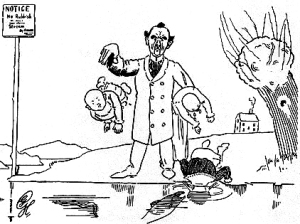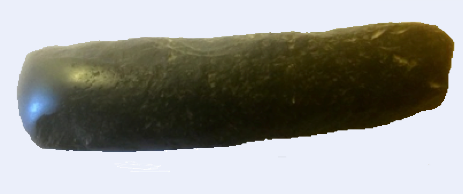And what would it to be like.
To have no memory?
Alway Spring, or
Always Winter.
And what would it to be like.
To have no memory?
Alway Spring, or
Always Winter.
To: All Mortal Supplicants
Subject: Excessive workload
A recent flood of supplications is placing our staff under stress. I am sure you will understand if I ask you to send future complaints directly to my mailbox, monkey@rainbow.bridge
Trust me. I sell asteroid insurance. It's good so far. Very few claims.
"Sorry to interrupt but if you crane your necks to the right you'll see some magnificent seabirds", said Tom awkwardly.
I always thought a couplet was a small cup.
Apparently I messed up.
Brolly inside-out. Shoes leaking.
Such wind and rain!
But it's Spring, I like it.
I used to read a lot about geese. In the end it got me down.
Our Stakhanovite Elves toil ceaselessly, stockpiling well in advance to meet this year's demand for Christmas cracker mottoes. Here is an example that rolled off the production line as I wrote this.
Q. Three Frogs were in a Pond. Which one was obedient?
A. The one that Toad the line.
What does it say in this post?
I'd really like to help but...
We are so busy at the minute.
Could you come back a lifetime on Thursday?
Try saying
"Pump clip
aloud 10 times in a row.
Is there a question which is its own answer?
I used to love sailing the seven seas. But the glamour's worn off... Now I'm just going through them oceans.
According to Dead Gran Adviser,
"Think of gran as fertiliser."
Thinking of the 'Alla Barnen' verses reminded me of Ruthless Rhymes for Heartless Homes by Harry Graham.
I don't know if you are familiar with these: they exploit a strain of black humour. Here's an example
Father heard his children scream
So he threw them in the stream
Saying, as he drowned the third,
"Children should be seen, not heard!"

Here's my contribution to the genre, an updated version of the Ruthless Rhyme above.
When
Father heard his children shriek,
He flung them in an icy creek.
Musing, as he watched them freeze,
"That should save on Uni
fees!"
Image: https://en.wikipedia.org/wiki/Harry_Graham_(poet)#/media/File:Ruthless_Rhymes_1898.jpg
Why did the Rhode Islanders cross the chicken?

A hand-axe but a headache too.
What was it used for?
or some combination of these? Or some other purpose?
Was it fitted to a wooden handle ('hafted')?
If so was it?
Or perhaps it was just hand-held.
Where was it from?
Here we are on firmer ground. It was
So it had travelled 200+ hundred miles.
How did the owner lose it (or didn't they?)
The cutting edge is sharp and the polished faces on either side unscratched. So perhaps
We can never know exactly.
The history of objects
When anyone brings an object like this into my local The Moon Under Water, many people ask to see it. Their first question is always 'How old is it?'
'About 4000 years.'
'Can I touch it?
'Yes.'
And then, reverentially,
'So apart from you I'm the first person to touch it for 4000 years.'
'Yes'.
Everyone is very quiet and thoughtful at that point. I find the respect they display is very moving. It shows that the human race is noble, in spite of everything.
ice crystal before you
go
isthere
there a place with no six
or symmetry
?
Not afraid to die.
Or to live either.
The old cat wiping against my hand.
X
Sphinx,
I think your riddle stinx.
How can you claim
Ignorance of the Zimmer frame?
Hearing a bird, and lifting my eyes to the trees.
Seeing the fog, and peering along the lane.
What a Spring day!
This blog might contain posts that are only visible to logged-in users, or where only logged-in users can comment. If you have an account on the system, please log in for full access.